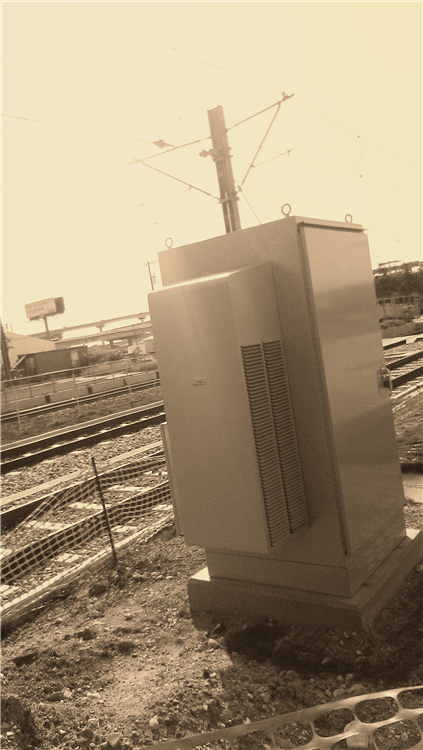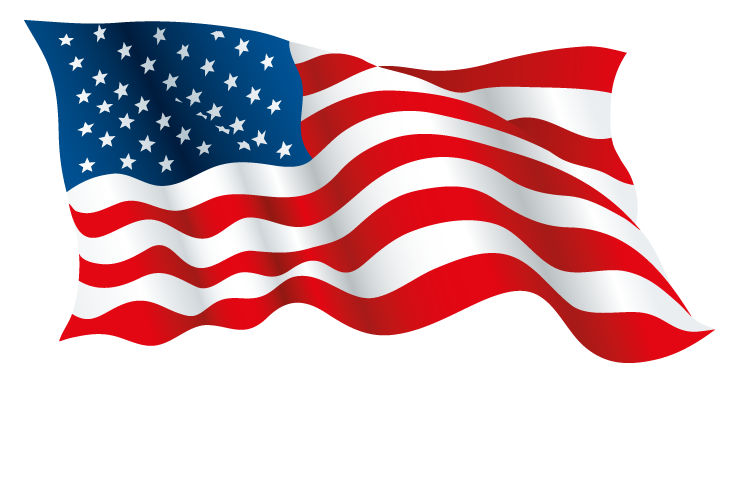5 Precautions to Consider for an Outdoor Electrical Enclosure Air Conditioner
 Outdoor electrical enclosures can be found in applications such as security systems, digital signs, telecommunications, and any other situation when electrical components are present. When selecting a cooling system for an outdoor electrical enclosure, you must consider a few factors that do not exist for indoor applications. Failure to take every potential scenario into account could result in a cooling solution that is not appropriate, and worse, possibly not up to the task.
Outdoor electrical enclosures can be found in applications such as security systems, digital signs, telecommunications, and any other situation when electrical components are present. When selecting a cooling system for an outdoor electrical enclosure, you must consider a few factors that do not exist for indoor applications. Failure to take every potential scenario into account could result in a cooling solution that is not appropriate, and worse, possibly not up to the task.
Fortunately, enclosure air conditioners and heat exchangers exist in a wide range of types and sizes, so you have multiple options when deciding which system makes the most sense for your application.
What to Consider for an Outdoor Electrical Enclosure
Unlike an indoor setting where the environment can be controlled, you don’t have the power to turn off the rain. Consider all of these possible factors when selecting a cooling system for an outdoor electrical enclosure:
-
Wind – It may seem like a relatively benign condition, but even a little wind can carry dirt and dust into an electrical enclosure that is not properly protected.
-
Rain – Most delicate electrical components cannot withstand contact with water. Remember that water can come from any direction and that an enclosure must be protected from falling rain, splashing water, and driving rain that can enter the sides of an enclosure.
-
Heat – The heat load calculation is an essential component of selecting the right cooling system for your enclosure. For outdoor applications, the sun plays a role in heating electrical cabinets from the outside. In addition to the highest expected ambient temperature, solar heat gain must also be considered.
-
Cold – Although cooling systems are designed to protect electrical components from heat, your equipment might also be sensitive to cold, especially if ice forms on the enclosure. In environments where the temperature may drop too low, a heating system might also be required.
-
Marine environments – Salt water is corrosive to electrical components and prolonged exposure can lead to equipment failure. For coastal applications, or in certain industries where corrosive agents are in the air, your outdoor electrical enclosure must be protected accordingly.
An outdoor electrical enclosure typically requires a cooling system that meets NEMA Type 4 standards. In a marine environment or in an area where the system might be exposed to corrosive materials, NEMA Type 4X is the best option.
Thermal Edge offers reliable cooling solutions for electrical enclosures in a broad range of applications, including outdoors, hazardous locations, and marine environments. If you need help selecting the right system for your application, contact us today.


